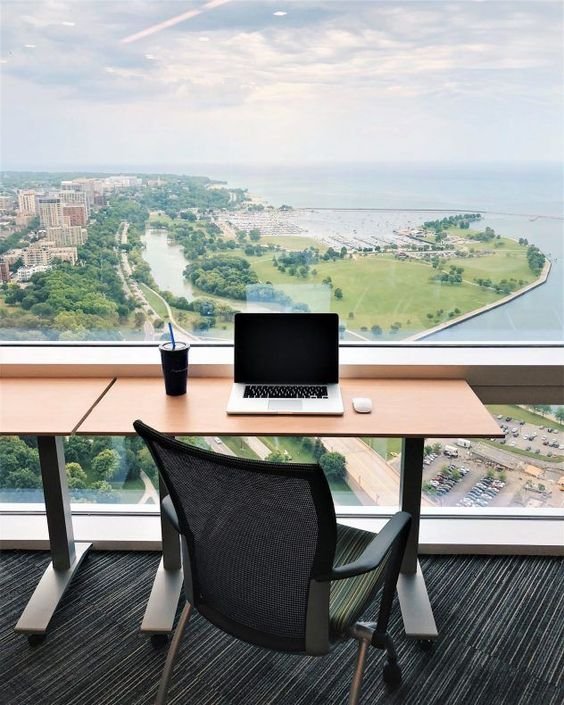The future of Indian commercial real estate and the impact of remote work and changing consumer behavior

The Indian commercial real estate sector is facing unprecedented changes as a result of the COVID-19 pandemic. The sudden shift to remote work has led to a fundamental rethink of how businesses operate and the spaces they require. This, in turn, has significant implications for commercial real estate developers and investors. In this blog post, we will explore the future of Indian commercial real estate and the impact of remote work and changing consumer behavior.
Remote Work and Flexible Office Space
One of the most significant changes brought about by the pandemic is the rise of remote work. As more companies have adopted work-from-home policies, the need for traditional office spaces has decreased. Many businesses are now looking for more flexible, cost-effective solutions that can accommodate changing workforce needs.
This has led to the rise of flexible office space providers such as WeWork, Regus, and Smartworks, which offer short-term leases and shared workspaces. In India, the flexible office space market has grown rapidly over the past few years, with companies like Awfis and Innov8 offering similar services. The pandemic has only accelerated this trend, with more businesses now looking to downsize their office space and adopt flexible work arrangements.
Changing Consumer Behavior
The pandemic has also had a profound impact on consumer behavior, with more people shopping online and avoiding crowded public spaces. This has led to a surge in demand for warehouse and distribution facilities, as well as last-mile delivery centers.
E-commerce companies like Amazon and Flipkart have been investing heavily in their logistics infrastructure, including building new warehouses and delivery centers across the country. This has created new opportunities for commercial real estate developers, who are now exploring ways to repurpose existing retail spaces into warehouses and distribution centers.
Sustainable Design and Green Buildings
Another trend that is gaining momentum in the Indian commercial real estate sector is sustainable design and green buildings. Developers are increasingly recognizing the need to reduce the carbon footprint of their buildings and adopt eco-friendly practices.
This has led to the rise of green buildings, which are designed to be energy-efficient and environmentally sustainable. Green buildings use renewable energy sources like solar power, have efficient heating and cooling systems, and incorporate features like rainwater harvesting and waste management.
The Future of Indian Commercial Real Estate
The Indian commercial real estate sector is evolving rapidly, with changing consumer behavior and the rise of remote work driving new demand patterns. Developers and investors who can adapt to these changes and offer flexible, sustainable solutions will be well-positioned to succeed in the future.
Flexible office space providers, e-commerce warehouses, and green buildings are just a few examples of the new opportunities emerging in the Indian commercial real estate market. As the country continues to develop and urbanize, there will be a growing need for innovative, sustainable solutions that can accommodate changing consumer needs and business models.